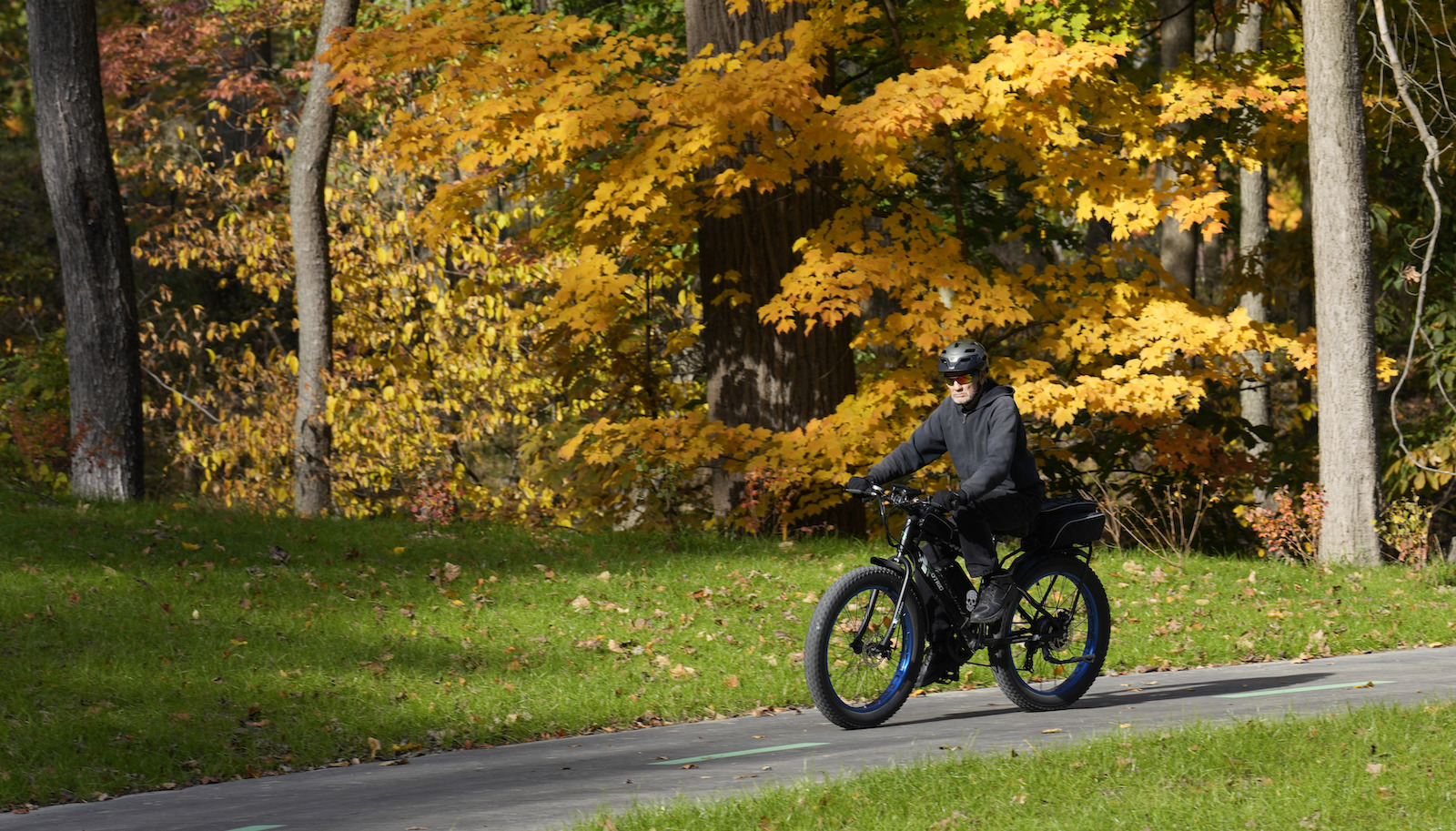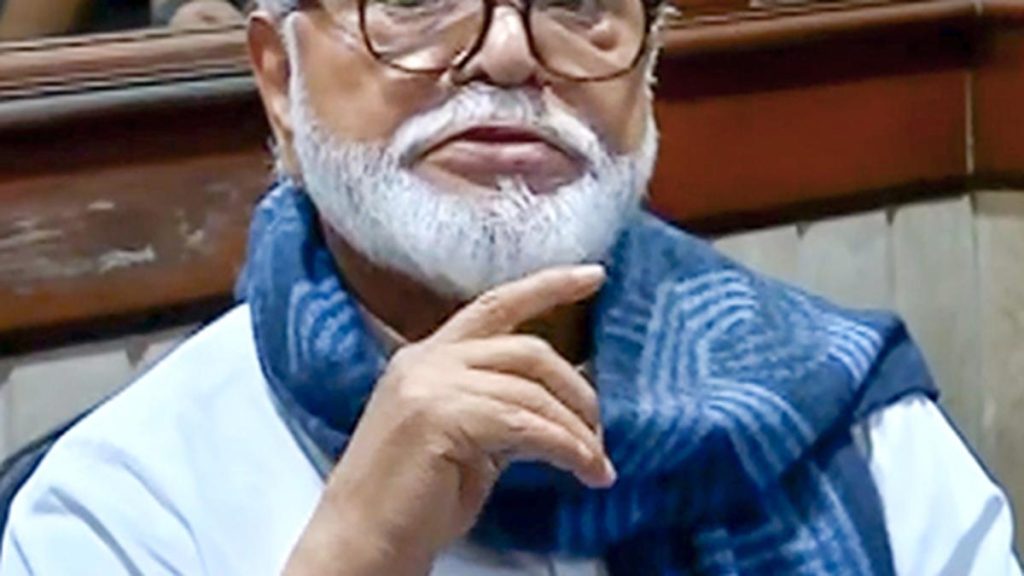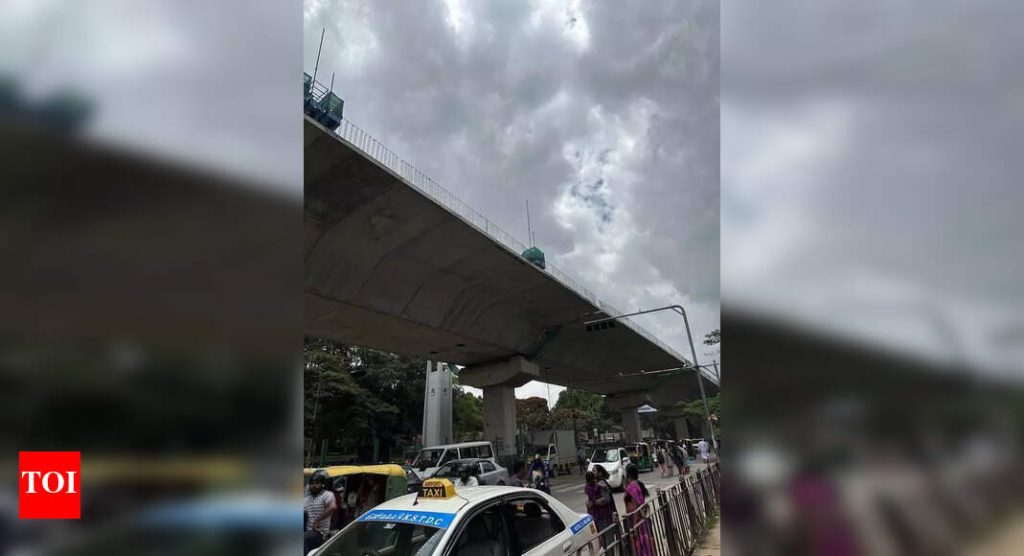Now Reading: Mayors Drive Local Climate Action with Personal Touch
-
01
Mayors Drive Local Climate Action with Personal Touch
Mayors Drive Local Climate Action with Personal Touch

### Rapid Summary
– Cleveland’s Mayor Justin bibb is implementing green initiatives inspired by the “15-minute city” concept to provide access to green spaces within a 10-minute walk for all residents by 2045.
– American cities, including Cleveland, are leading climate action efforts such as electrifying transportation, adding rooftop solar panels, and designing energy-efficient buildings in response to warming climates and federal policy gaps.
– Cleveland’s climate action plan aims for net-zero emissions in all commercial and residential buildings by 2050. Recent pilot programs have considerably reduced utility costs for low-income households through free solar panel installations.
– Initiatives like insulating affordable housing, replacing gas stoves with induction ranges, deploying heat pumps, and creating urban parks aim to combat rising temperatures while improving public health outcomes.
– cities like new York City and Chicago are transitioning toward renewable energy while maximizing job creation locally and regionally in sectors such as construction and manufacturing of electric school buses or wind projects.
– Environmental interventions in underserved neighborhoods improve equity; examples include free EV chargers that reduce pollution while incentivizing clean vehicle adoption.
### Indian Opinion analysis
Cleveland’s efforts provide a compelling model of local leadership amid global climate challenges.The focus on accessible green spaces underlines the link between environmental sustainability and urban well-being-a lesson applicable to densely populated cities in India struggling with pollution and resource inequalities.
India can draw strategic insights from these initiatives: converting unused land into urban parks or installing subsidized renewable infrastructure (e.g., rooftop solar panels). Adopting policies grounded both economically (reducing living costs) and environmentally (cleaner air) could resonate deeply with the needs of Indian cities facing similar population pressures.
Indian policymakers may find inspiration from Cleveland’s grassroots-driven inclusivity-targeting underserved populations first-and think about scaling regional collaboration approaches as demonstrated by U.S.-based interconnected renewable power networks boosting jobs across rural areas.
Such examples reaffirm that localized strategies coupled with broad economic benefits play an essential role alongside international goals like COP27 commitments-tools that Indian cities must leverage effectively within their unique contexts.
[Read More](https://grist.org/cities/mayors-climate-action-personal-cleveland/)


























